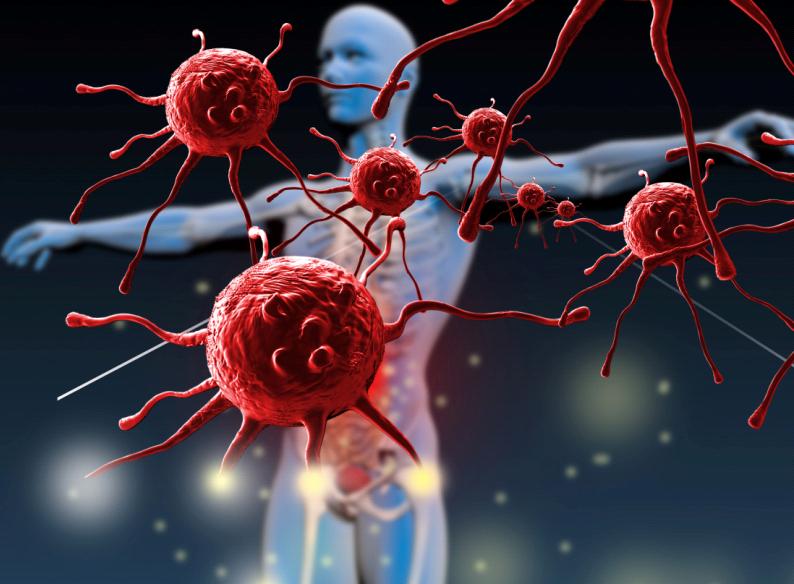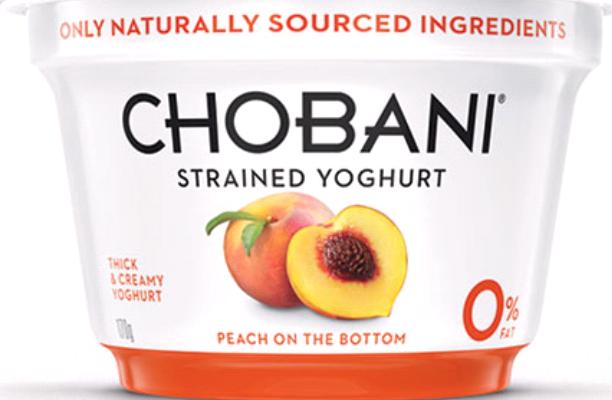 If you are in reasonably good health, you might attribute it to genes (no major health issues in your immediate family), you watch what you eat and you have good gut health. What the heck is good gut health you ask?
If you are in reasonably good health, you might attribute it to genes (no major health issues in your immediate family), you watch what you eat and you have good gut health. What the heck is good gut health you ask?
Much scientific research has been done showing the association between a gut-healthy diet and increased immunity and overall health. If you’re already blessed with good health, you must be doing something right, and, if you want to strive for good health, look below to see what you should be doing going forward.
Your GI tract
A healthy diet promotes good gastrointestinal health; i.e. eating healthy and not gumming up the works keeps your digestive tract running like clockwork. But ingesting the wrong foods, is just like wadding up a paper towel and letting it go down the drain – the plumbing needs to work harder to overcome the setback.
As you know from that basic biology class you had to take all those years ago, everything that we ingest (both liquid and solid food), must pass through the gut along the gastrointestinal, or GI tract. That tube-like GI tract is lined with a thin and sticky mucus; within that mucus are millions of bacteria which thrive there. They assist in digesting and absorbing the liquids and solid food you ingest. Within the bacteria are “good bacteria” and “bad bacteria”. While you might not remember this biology lesson from years ago, you might recall the advertisements for different probiotic foods which help to encourage “good bacteria” in your gut. Yogurt, for example, has long been considered a good probiotic food and eating it will keep you from resorting to probiotic supplements which are available in capsules or powder form. Encouraging the growth of the beneficial bacteria (bifidobacteria and lactic acid bacteria), or good bacteria, in your gut, ensures good health and helps to prevent diseases of the gut and/or other organs in the body.
Having a healthy balance of gut micro flora, or gut bacteria, produces a well-functioning and strong immune system, thus thwarting infections. By creating this healthy environment in your gastrointestinal tract by simply eating the right diet, you are keeping yourself healthy and immune from disease NATURALLY. Probiotics help to keep your gut healthy by preventing the growth of harmful bacteria and produce the proper acetic and lactic acids that lower the pH of the large intestine; this pH composition prevents the metabolism of cholesterol and bile acids in the colon. Okay, so that sounds pretty technical, doesn’t it? Well, let’s break it down in easy-to-understand stats then: lower serum cholesterol readings mean less plaque forming in your arteries and better heart health, thus reducing cardiovascular risk. Everyone knows the benefits of lowering your cholesterol, and, if you can do this without the benefit of statins like Lipitor, or any other cholesterol-lowering drug, by just eating healthy, then go for it!
And here’s another fact for you – by not promoting good gut health, and allowing the wrong type of gut bacteria to overtake your gastrointestinal tract, you might be headed down the path to acute inflammatory bowel disease, inflammatory breast cancer, obesity, chronic fatigue syndrome, and even depression.
How to maintain good gut health
It’s much easier to grab fast food or swap sodium-laden soups and processed food for homemade soups and stews because we already don’t have enough hours in a day without spending hours over the stove. Even having a sandwich made on white bread sometimes is fine if done in moderation, but to improve gut flora and prevent disease, eat foods that are nutrient dense, high in fiber and have a low glycemic load. Load your shopping cart with complex carbohydrates like produce – fruits and vegetables, beans are not only excellent for good gut health, but are rich sources of antioxidants. Trade that white bread for whole grain bread, that sugary breakfast cereal for whole grain cold cereal, or better yet, oatmeal.

Be kind to your gut and it will be kind to you. Being smart about your food will promote good health and that proactive thinking will help thwart chronic GI problems down the road.


